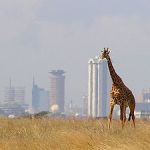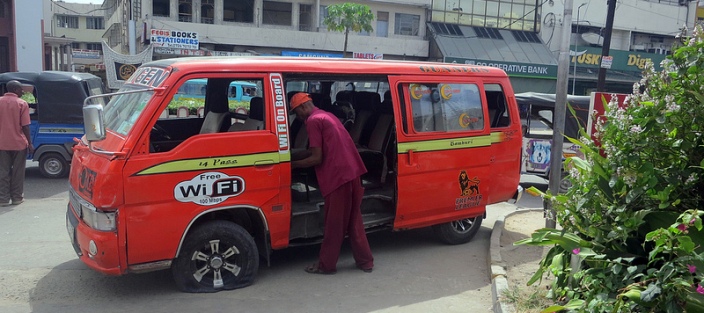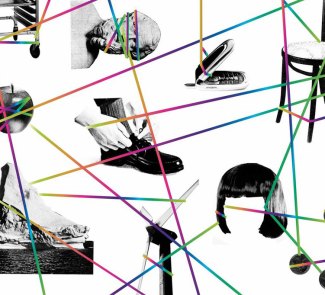In Kenya, a programme has been implemented to provide free Wi-Fi on buses in order to expand access to the Internet.
Close to 1 billion people live in Africa, and of those, just 16% use the Internet, according to figures from the International Telecommunications Union. It’s the continental region with the lowest online penetration, trailing far behind Asia where 32% of the population is connected. However, Africa is the continent with the fastest growth in mobile connection, jumping from 2% penetration in 2010 to 11% in 2013. In Kenya, they want to accelerate this trend, so they are installing free Wi-Fi on buses.
The tangled traffic of Nairobi, the capital of Kenya, is more tolerable on some buses than on others. On the ones that offer Wi-Fi, passengers with smartphones tap away continuously at their phones. The connection to the Internet exerts a strong pull when using one mode of transport or another, in a country where Wi-Fi is reserved for luxury establishments or airports, and where data rates are high for the income level of the population.
 Free Wi-Fi on buses is a way to bring the Internet to Kenya’s population. The mobile is the medium used to connect (Africa has skipped the landline connection step) and the transportation that they use every day is a good place to provide accessibility. The programme is sponsored by the local operator Safaricom, and they have increased from the 20 buses with wireless connections in 2012 to 3,000.
Free Wi-Fi on buses is a way to bring the Internet to Kenya’s population. The mobile is the medium used to connect (Africa has skipped the landline connection step) and the transportation that they use every day is a good place to provide accessibility. The programme is sponsored by the local operator Safaricom, and they have increased from the 20 buses with wireless connections in 2012 to 3,000.
The hardware is installed on the buses or matatus, as they are known there by their name in Swahili, and they are then charged a small fee each month. There are people who spend between two and three hours a day on these buses, so Internet access provides a significant improvement in their daily lives.
In addition to access, messages are also being directed at the population to explain what things they can access via the Internet, explaining that creating an email account is free, that there is information available on how to improve crops, as well as the latest on football. The programme is also being extended beyond buses to train stations and establishments in small cities.
Image: andysternberg / Wikimedia









